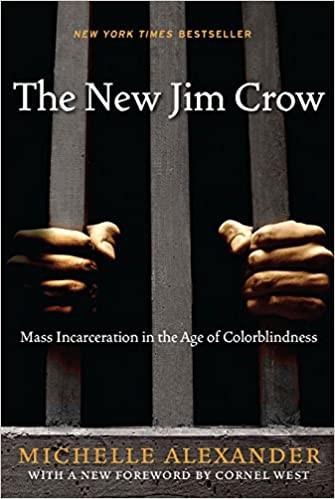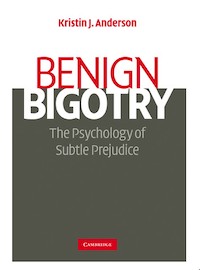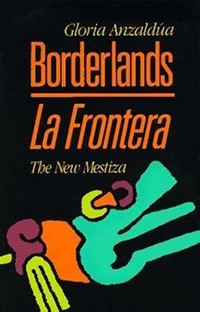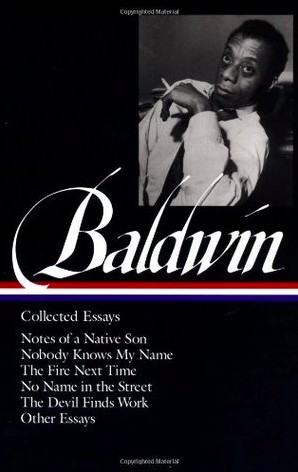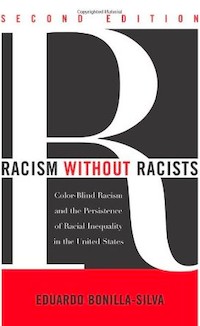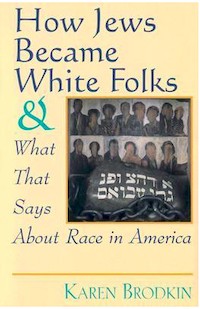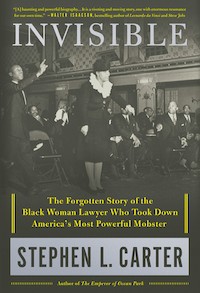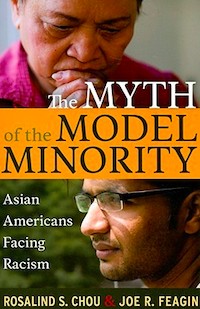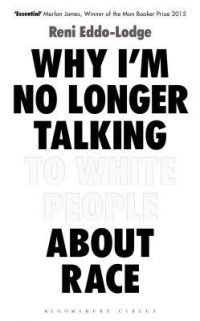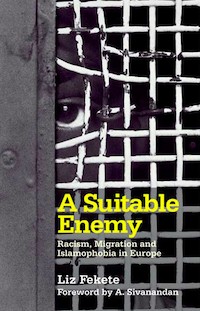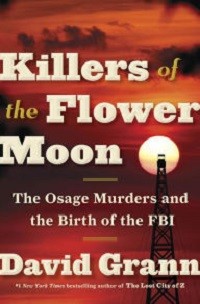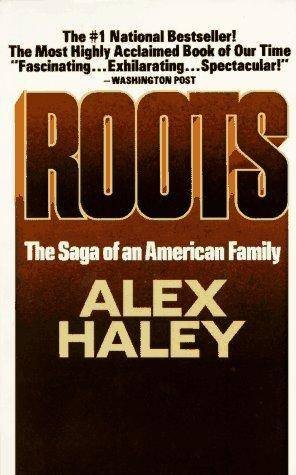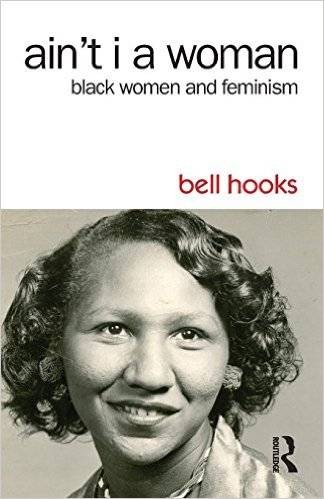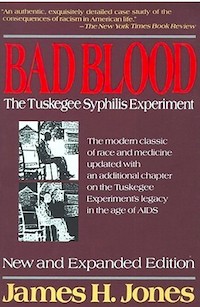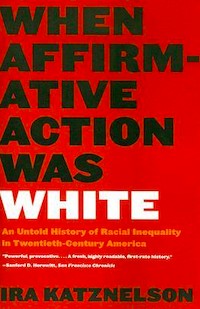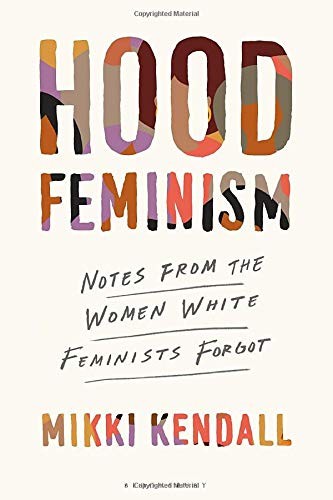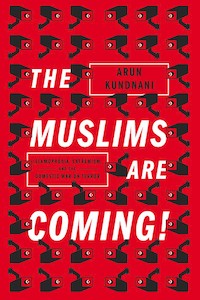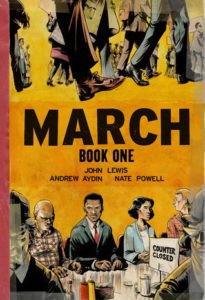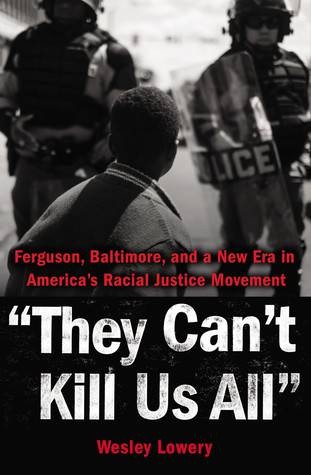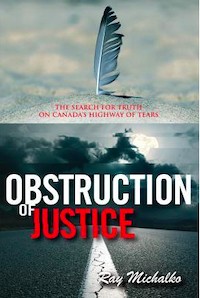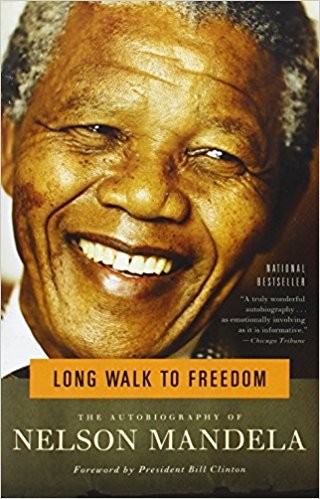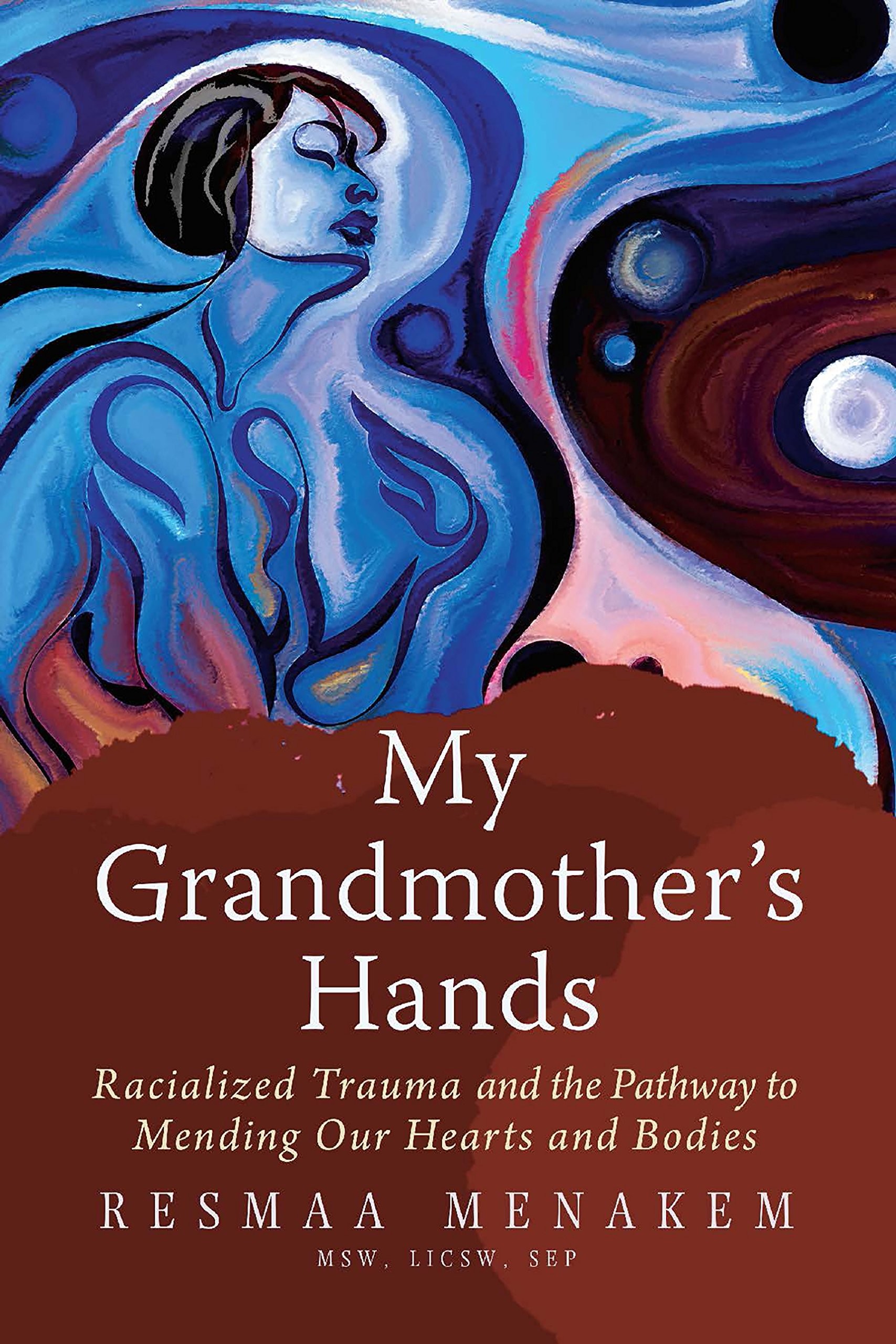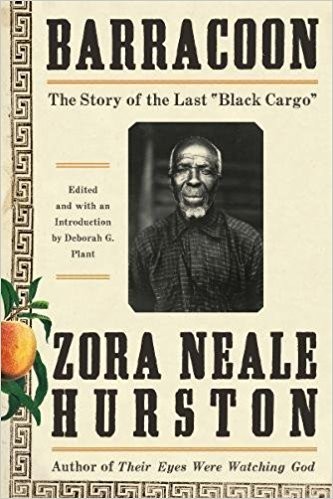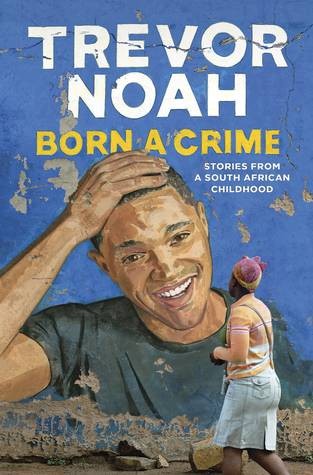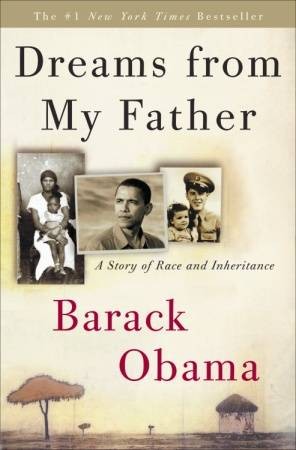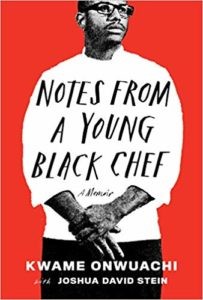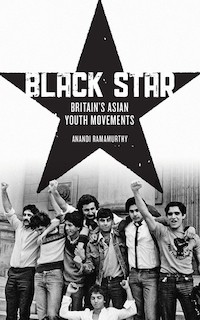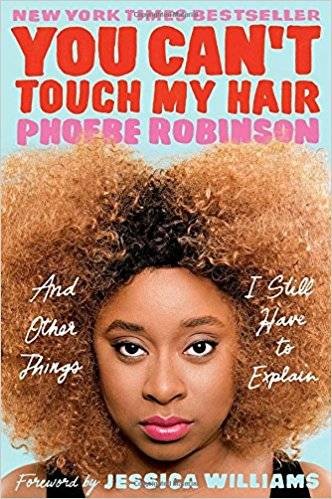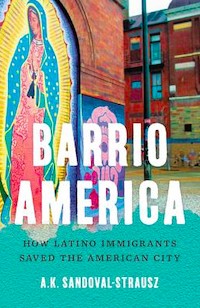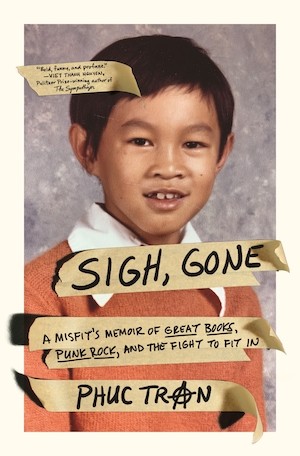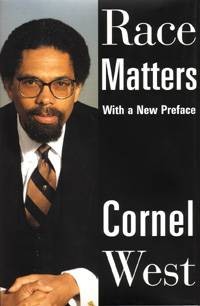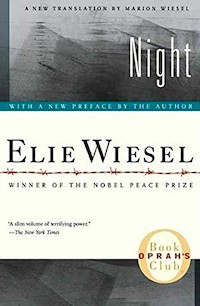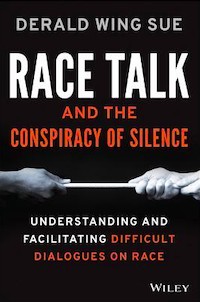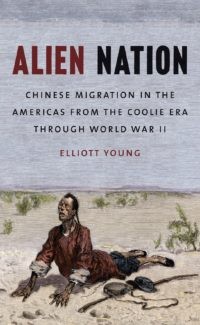Racially-motivated violence has become an all too common reality in the United States, prompting questions about how individuals can effectively combat such incidents. Moreover, people are left wondering what they can do to address the subtle yet insidious forms of oppression that plague daily life. One crucial step towards fighting racism, anti-Semitism, Islamophobia, and xenophobia is cultivating knowledge through reading books that tackle racial issues.
This selection includes a few titles that examine racial policies in countries beyond the U. S., but the takeaways are remarkably relevant to modern American society. The descriptions provided are sourced from Goodreads, with some editing for clarity and length. While this list is by no means exhaustive, it serves as a valuable starting point for individuals seeking to become better-informed readers and global citizens.
The New Jim Crow by Michelle Alexander
Michelle Alexander’s influential work, The New Jim Crow, makes a compelling case that the United States has not abolished its system of racial caste, but rather reformed it to be more subtle yet no less effective. As a former litigator and legal scholar, Alexander sheds light on how the criminal justice system disproportionately targets black men and ravages communities of color, thereby functioning as a modern-day mechanism for racial control.
This thought-provoking book challenges the civil rights community and society at large to prioritize the issue of mass incarceration in the pursuit of racial equity. For further reading on racism and the law, explore this curated list.
Benign Bigotry by Kristin J. Anderson
Benign Bigotry delves into the subtle yet pervasive nature of prejudice by dispelling six insidious cultural myths that may appear innocuous but perpetuate discrimination. These myths, which include assumptions that people from a certain group all look alike, assume guilt without evidence, and misinterpret feminism, sexuality, colorblindness, and affirmative action, are expertly tied to real-world scenarios by author Kristin J. Anderson.
The book highlights how individual thought patterns can have far-reaching societal implications and offers practical strategies for mitigating prejudice in our daily interactions.
Borderlands/La Frontera by Gloria E. Anzuldua
Gloria Anzaldúa’s work delves into the complex, liminal existence of those navigating cultural and linguistic borders. Through a distinctive blend of Spanish and English, she reflects on the experiences of Chicanos in Anglo-American culture, women within Hispanic culture, and lesbians within straight society. This rebellious and unyielding writer acknowledges that life on the border, or ‘life in the shadows,’ is a vital terrain not only for literature but also for civilization as a whole.
Her powerful document is an essential addition to any collection of works focused on racism, Hispanic-American studies, or feminism.
Collected Essays by James Baldwin
James Baldwin, an iconic American writer, left an indelible mark on the literary world with his powerful voice against racism. His collected essays, meticulously curated by none other than the esteemed Toni Morrison, offer a profound reflection of his prophetic insights. This monumental collection not only solidifies Baldwin’s reputation as a literary giant but also underscores his unwavering commitment to speaking truth to the brutal realities of racism.
For those seeking an intimate and poignant exploration of Baldwin’s personal experience with racial injustice, his 1953 memoir Go Tell It on the Mountain provides a deeply moving account of his childhood in Harlem, offering a unique glimpse into the formative years of this towering literary figure.
Racism Without Racists by Eduardo Bonilla-Silva
How Jews Became White Folks by Karen Brodkin
The history of Jewish Americans is characterized by shifting racial classifications that offer valuable perspectives on race in America. Over time, Jews have been variously categorized as white or assigned an off-white racial status. These changes have significantly influenced the ways American Jews from different eras have constructed their ethnic and racial identities.
According to Brodkin’s observations, Jewish Americans experience a unique ‘double vision’ stemming from their middling racial position. On one hand, they occupy a marginal space relative to whiteness; on the other, they are bound to whiteness while simultaneously experiencing a sense of belonging with respect to blackness.
Invisible by Stephen L. Carter
In New York’s 1930s, Eunice Hunton Carter embodied an extraordinary trifecta: a black woman, a prosecutor, and the granddaughter of slaves – a combination as unlikely as it was impressive. Her remarkable career trajectory took a dramatic turn when she devised a strategy that led to the conviction of Lucky Luciano, the most powerful Mafia boss in history. Little did anyone know at the time, Carter’s unyielding spirit would be hiding in plain sight for decades to come.
It wasn’t until her grandson brought her long-forgotten story to light that the world was once again introduced to this trailblazing woman who refused to accept defeat, despite the social and political obstacles standing in her way.
The Myth of the Model Minority by Rosalind S. Chou and Joe R. Feagin
While Asian Americans may appear to be succeeding in schools and careers, a closer look reveals that many are actually living with constant stress caused by racism. In their research, Chou and Feagin conducted dozens of interviews across the country with Asian Americans from various backgrounds, including elementary school students, college students, workers, and individuals in public spaces.
This study challenges the notion that Asian Americans have an easy time adapting to life in American society, as they are often subjected to racial stereotyping and discrimination. Ultimately, the authors propose policy measures not only to improve the lives of Asian Americans but also to benefit other Americans of color.
Why I’m No Longer Talking To White People About Race by Reni Eddo-Lodge
Reni Eddo-Lodge’s award-winning book was born out of her frustration with the way discussions around race and racism in Britain were being dominated by individuals unaffected by these issues. Her 2014 blog post, ‘Why I’m No Longer Talking to White People About Race’, sparked a movement that led to this thought-provoking publication.
The book delves into crucial topics such as erased black history, the political implications of white dominance, whitewashed feminism, and the inextricable link between class and race. Eddo-Lodge presents a timely and essential framework for recognizing and combating racism. This searingly honest exploration sheds light on what it means to be a person of color in Britain today.
The book is a vital read for anyone looking to deepen their understanding of these critical issues, and to find ways to counter the pervasive influence of racism.
A Suitable Enemy by Liz Fekete
Fekete’s work, ‘A Suitable Enemy’, is a culmination of 16 years of research into EU immigration, asylum, race, and security policies. The book provides a thorough examination of the selective migration policies introduced by the EU, which have resulted in the closure of borders to asylum seekers who were initially impacted by the growth of the security state.
Fekete’s exploration reveals how anti-terrorist legislation has been used to forcibly remove undesirable migrants, while deportation policies have reduced these individuals to mere commodities, stripping them of their humanity. Furthermore, she highlights the inherent connection between these policies and the evolution of racism, particularly Islamophobia, which is a recurring theme throughout her work.
Killers of the Flower Moon by David Grann
In Oklahoma’s Osage Indian Nation, the wealthiest individuals per capita existed during the 1920s. Following the discovery of oil beneath their land, the Osage enjoyed a life of luxury, complete with chauffeur-driven cars, opulent mansions, and children who studied abroad in Europe. However, this prosperity was short-lived, as one by one, they began to fall victim to a series of untimely deaths.
As the body count climbed to over 24 Osage victims, the newly formed FBI stepped in, tackling what would become one of its most significant homicide investigations ever. Joining forces with the Osage people, they ultimately uncovered one of the darkest conspiracies in American history.
Roots by Alex Haley
Alex Haley’s childhood was filled with stories from his grandmother about their family’s history, tracing back to her grandparents, and so on. These tales stuck with him even as he grew older and became a writer. In fact, they sparked an insatiable curiosity in Haley to verify the narrative through documentation.
His quest led him to uncover the stories of 25 million Americans of African descent, effectively rediscovering a rich cultural heritage that was lost due to slavery – their names, identities, and all.
Ain’t I a Woman by bell hooks
This thought-provoking work delves into the intricate connections between different forms of oppression, shedding light on the profound effects of sexism on African American women during slavery. The book also explores the historical marginalization of black womanhood, the problematic attitudes towards women held by some African American men, and the intersectional challenges faced by black women within the modern feminist movement.
Furthermore, it highlights their significant contributions to the struggle for gender equality.
Bad Blood by James H. Jones
From 1972 to 1932, the United States Public Health Service conducted a groundbreaking yet troubling experiment involving over 400 black male sharecroppers already infected with syphilis. Dubbed the Tuskegee Study, its primary objective was to monitor and document the natural progression of the disease in an effort to better comprehend its impact on African American subjects.
What’s more, these men were never informed of their condition; nor were they warned about the potential risks or consequences associated with this insidious illness. With minimal treatment provided during the initial few months, the majority of participants received little to no medical attention throughout the experiment’s duration.
The study’s implications extended beyond its findings, instead serving as a poignant illustration of how societal attitudes and bureaucratic decision-making processes have historically intersected with medical ethics in the United States.
When Affirmative Action Was White by Ira Katznelson
Ira Katznelson’s groundbreaking analysis, featured in the New York Times Book Review, revolutionizes our comprehension of twentieth-century American history. He reveals that the pivotal programs enacted during the 1930s and 1940s, including those under the New Deal and Fair Deal eras, were deliberately crafted with discriminatory undertones.
The mechanisms designed by Southern Democrats, which excluded maids and farm workers, surprisingly widened the gap between African Americans and whites, despite the post-war economic prosperity. For further insights into racism and affirmative action, explore the recommended book list.
Hood Feminism by Mikki Kendall
In her provocative essay collection, Mikki Kendall issues a scathing critique of modern feminism, contending that it has consistently neglected the needs of women beyond a narrow circle. With unflinching candor, she shares her own stories of hunger, violence, and objectification, juxtaposing these personal experiences with insightful commentary on politics, pop culture, mental health stigma, and more.
The result is a piercing exposé of a movement in flux, as Kendall issues an impassioned appeal to all who would claim the feminist mantle: let us embody the true spirit of the movement through both thought and action.
The Muslims Are Coming! by Arun Kundnani
In recent years, the War on Terror has taken a new turn with the rise of domestic terrorism as a growing concern. Governments in the United States and Europe have responded by building elaborate counterterrorism structures that focus on monitoring and policing homegrown threats. This shift has led to a proliferation of expert voices and liberal commentators championing new policies and campaigns aimed at preventing radicalization.
A closer examination of these efforts, however, reveals a narrow-minded approach to combating extremism that is more likely to fuel than extinguish the flames of terrorism. Through rigorous research and reporting, this critique aims to shed light on the flaws in current anti-extremism strategies and their implications for civil liberties.
The March Trilogy by John Lewis
In this vivid account, John Lewis’ lifelong struggle for civil and human rights is brought to life, with reflections on the progress made since the Jim Crow era and segregation. While rooted in his personal story, it also delves into the highs and lows of the broader civil rights movement.
The book draws inspiration from a 1950s comic book that inspired John Lewis and fellow student activists many years ago.
Now, his own comics bring those pivotal moments to life for a new generation, serving as a testament to a movement whose impact will be felt for generations to come.
They Can’t Kill Us All by Wesley Lowery
Obstruction of Justice by Ray Machaulko
The ‘Highway of Tears’ is a desolate 700-kilometer stretch of road that weaves through the Coast Mountains wilderness in British Columbia, where tragedy has struck repeatedly over the past four decades. Nine young women have vanished or been brutally murdered along this remote highway, with all but one being Indigenous. Despite numerous investigations, none of these cases have been solved. The lack of justice has sparked widespread frustration and outrage.
In response to this crisis, private investigator Ray Michalko, a former RCMP officer, took it upon himself to delve into the mysteries surrounding these crimes. His determination was fueled by a deep-seated conviction that someone, somewhere, held crucial information. As he delved deeper into the cases, Michalko uncovered not only the truth about the crimes themselves but also the systemic issues that had allowed them to go unsolved for so long.
For more books exploring racism and discrimination towards Indigenous Canadians, visit Book Riot’s recommended reading list.
Long Walk to Freedom by Nelson Mandela
Nelson Mandela’s release from prison in 1990 marked the culmination of over two decades of tireless advocacy for racial equality and human rights. As a stalwart leader of South Africa’s anti-apartheid movement, he played a pivotal role in shaping the country’s political landscape, paving the way for a multiracial government and majority rule.
Today, Mandela is revered globally as a beacon of hope and a driving force behind the fight against systemic injustices, inspiring generations to strive for a more equitable world.
My Grandmother’s Hands by Resmaa Menakem
Resmaa Menakem’s groundbreaking work delves into the profound impact of racism on America through the lens of body-centered psychology. He posits that this damage will persist unless Americans confront and heal from the generational trauma of white supremacy, which has seeped into the collective psyche, affecting not just African Americans but also White Americans and even law enforcement – the blue Americans.
This thought-provoking book serves as a clarion call to acknowledge that racism is not solely a cerebral issue, but rather a deeply embodied one, and offers an alternative perspective on how we can transcend our entrenched racialized divisions.
Barracoon by Zora Neale Hurston
In 1927, Zora Neale Hurston embarked on a significant journey to Plateau, Alabama, just outside Mobile, where she conducted an in-depth interview with Cudjo Lewis, then eighty-six years old. The purpose of this encounter was to record Cudjo’s firsthand account of the raid that led to his capture and enslavement – a poignant reminder of the devastating legacy of slavery, which had been outlawed in the United States for fifty years by then.
Drawing inspiration from those interviews, Hurston masterfully weaves together Cudjo’s distinctive narrative voice with her own compassionate perspective, resulting in Barracoon, a powerful literary masterpiece that poignantly captures the tragic tale of one individual forever shaped by the trauma of slavery.
Born a Crime by Trevor Noah
In 1984, Trevor Noah’s life began with an act that was both criminal and unconventional. Born to a Swiss father and a Xhosa mother in apartheid South Africa, his birth itself was a rebellious declaration of love that defied the oppressive regime. The consequences of this union were severe: Trevor’s early years were spent largely indoors, hidden from prying eyes by his resourceful mother who took extreme measures to shield him from the authorities.
She knew that if discovered, her son would be taken away, leaving her with a five-year prison sentence and a lifetime of uncertainty. As apartheid eventually crumbled, Trevor and his mother emerged into the light, free at last to explore the world and seize the opportunities won by the struggles of generations past.
Dreams from My Father by Barack Obama
In this memoir, Barack Obama embarks on a poignant journey of self-discovery as a black American. The narrative unfolds against the backdrop of his childhood experiences in New York, where he grapples with the sudden loss of his father, whose life and legacy are shrouded in myth.
This turning point sets him on an emotional pilgrimage, first to Kansas, where he uncovers the roots of his mother’s family in Hawaii, and later to Kenya, where he confronts the harsh realities of his father’s existence and ultimately reconciles his dual inheritance.
Notes from a Young Black Chef by Kwame Onwuachi
Kwame Onwuachi’s inspiring memoir chronicles his journey to culinary success, marked by both triumphs and setbacks. With a entrepreneurial spirit, he launched his own catering company after making a modest profit from selling candy on the subway, and honed his skills in renowned kitchens across the country. However, the path to achieving his goals was not without its challenges. As a young chef of color, Onwuachi faced the harsh realities of racism and discrimination in the fine dining world.
His first restaurant venture, years in the making, ultimately shut down just months after opening. This powerful, heartfelt, and unflinchingly honest memoir is a testament to the power of perseverance and pursuing one’s passions, even when they don’t unfold as expected.
Black Star by Anandi Ramamurthy
In Anandi Ramamurthy’s insightful exploration, Black Star shines a light on the resilient Asian Youth Movements that emerged in 1970s and ’80s Britain, as they resisted the dual scourges of street-level and state-sanctioned racism. Building upon her profound understanding and exhaustive research, Ramamurthy masterfully illustrates how these young activists drew inspiration from the global anti-imperialist and workers’ struggles, as well as the powerful Black Power movements.
The quest for Britain to become a true ‘home’ for its marginalized communities ultimately gave rise to a sweeping identity that transcended racial boundaries, with the color black serving as a potent symbol of unity among all those fighting against racism.
You Can’t Touch My Hair by Phoebe Robinson
Barrio America by A.K. Sandoval-Strausz
Exactly three decades ago, the notion of reviving American cities seemed a hopeless cause. We’re often told that it was the creative class of young professionals who single-handedly breathed new life into urban America during the 1990s and 2000s. However, this remarkable turnaround owes a significant debt to an often-overlooked group: Latino and Latina newcomers who brought with them a fresh wave of energy, vitality, and cultural richness.
Sigh, Gone by Phuc Tran
As Phuc Tran and his family fled Saigon in 1975, their new life in Carlisle, Pennsylvania was just beginning. The small town proved to be a daunting task for the Trans as they grappled with assimilation. Tran’s coming-of-age story is woven through references to iconic literature such as Franz Kafka’s The Metamorphosis, Nathaniel Hawthorne’s The Scarlet Letter, and Homer’s The Iliad, among others.
Through these literary touchstones, Tran navigates the complex forces of self-discovery, driven by the push-pull of his immigrant experience, feelings of isolation, and teenage angst. Amidst these challenges, Tran finds solace in art, which ultimately provides refuge and inspiration as he strives to reconcile his own identity with the expectations of his parents.
Race Matters by Cornel West
West, director of Afro-American studies at Princeton and author of several books, has compiled an essay collection that tackles various issues pertinent to black Americans. These thought-provoking pieces, previously published in academic journals, delve into pressing topics such as the Los Angeles riots following the Rodney King verdict, Malcolm X’s legacy, the Clarence Thomas-Anita Hill controversy, and everyday life on African American streets.
Through these essays, West sheds light on the ongoing struggle to integrate black Americans into mainstream political, economic, and social spheres while preserving their distinct cultural identity. As a prominent scholar already well-known within academic circles, West is increasingly gaining recognition among the general public. This book aims to make his insightful writings more accessible to a broader audience, offering readers a unique perspective on the experiences of African Americans.
Night by Elie Wiesel
In 1944, Elie Wiesel, a teenager at the time, was torn from his hometown of Sighet, Transylvania, along with his family, and forcibly relocated to Auschwitz concentration camp. Their journey didn’t end there; they were subsequently transferred to Buchenwald, a grueling ordeal that would leave an indelible mark on Wiesel’s life.
Years later, Wiesel would draw upon these harrowing experiences to pen Night, a testament to the devastating loss of his family, the erosion of his own innocence, and the crushing despair that can result from confronting humanity’s darkest aspects.
In this new translation by his wife and frequent collaborator, Marion Wiesel, important details are corrected, and the most accurate rendering in English is presented of Wiesel’s account of life in the camps and the powerful message he conveys: that such atrocities must never be allowed to occur again.
Race Talk and the Conspiracy of Silence by Derald Wing Sue
As the world grapples with complex social dynamics, internationally renowned expert Derald Wing Sue delves into the intricacies of conversations surrounding race. In a comprehensive exploration, Sue examines the inherent characteristics, interactions, and underlying meanings that shape discussions about racial issues, as well as the unspoken ‘rules’ that often hinder open and productive dialogue.
Through poignant examples that evoke strong emotions, this book sheds light on why these conversations are so challenging to navigate and offers practical guidance, techniques, and advice for facilitating honest and forthright discussions.
Alien Nation by Elliot Young
Unaccompanied by Javier Zamora
In Zamora’s debut, the lyrics of longing and love are woven into a tapestry of war, gang violence, and displacement. The poems are deeply rooted in the experiences of a nine-year-old boy who embarks on a perilous journey across thousands of miles, confronting the harsh realities of borderland politics, racism, and economic injustice.
This debut challenges the notion of the American Dream, blending music and memory to explore the fractures that tear families apart and the possibilities for rebuilding lives anew. The vast expanse of books about racism is a testament to its complexity. Whether you’re just beginning to grapple with the issue or have already delved deep into its nuances, there are always fresh perspectives to discover.
Each book on this list offers an engaging reading experience, and together they contribute to the ongoing conversation we must have to dismantle unconscious biases and harmful messages that perpetuate racism.
